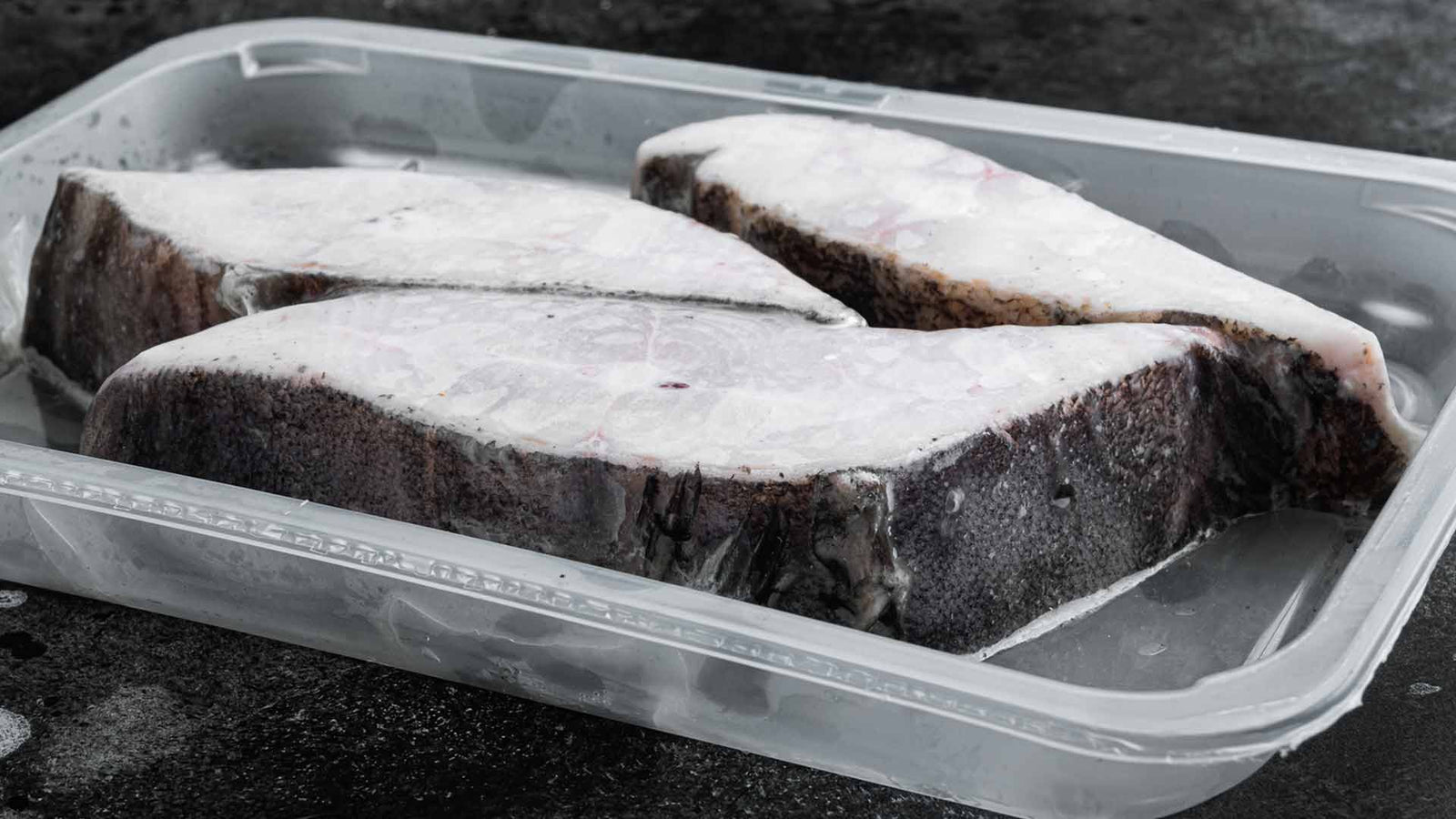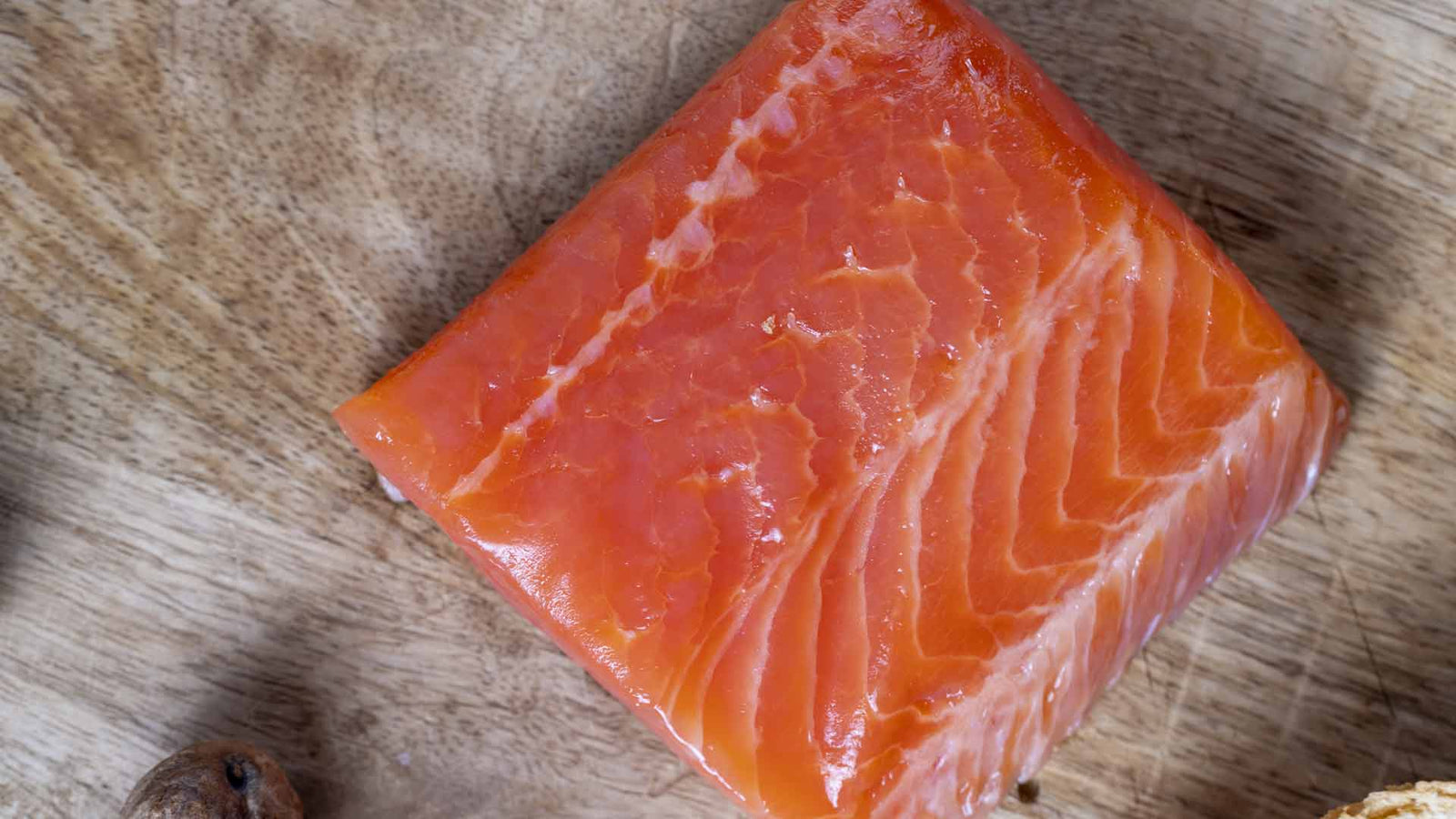
What exactly is halibut?
The halibut fish is distinguished by the presence of both eyes on the right side of the head.
Its hue ranges from dark green to brown-black on the upper side and white on the bottom.
Halibut may grow to be around 8 feet long and weigh more than 500 pounds. This fish may live for up to 55 years.
Halibut Benefits for Your Health
Eating halibut can help you maintain a healthy heart, control chronic inflammation, speed up muscle fiber regeneration, and boost your neurological system, among other things.
What Nutrients Does Halibut Contain?
Proteins, carbohydrates, thiamine, niacin, riboflavin, vitamin B6, vitamin B12, iron, calcium, magnesium, potassium, phosphorus, selenium, and omega-3 fatty acids are all found in halibut white flesh. Copper, folic acid, sodium, and pantothenic acid are all present in tiny levels.
In every 100 grams of baked or broiled (no added fat) halibut, there is:
- Water, 74.3 g
- Energy, 115 kcal
- Protein, 23.4 g
- Total lipid (fat), 1.68 g
- Carbohydrate, by difference, 0.1 g
- Fiber, total dietary, 0 g
- Sugars, total including NLEA, 0.04 g
- Calcium, 9 mg
- Iron, 0.2 mg
- Magnesium, 29 mg
- Phosphorus, 297 mg
- Potassium, 549 mg
- Sodium, 408 mg
- Zinc, 0.45 mg
- Copper, 0.029 mg
- Selenium, 57.4 µg
- Vitamin C, 0.5 mg
- Thiamin, 0.057 mg
- Riboflavin, 0.036 mg
- Niacin, 7.79 mg
- Vitamin B-6, 0.622 mg
- Folate, 14 µg
- Folic acid, 0 µg
- Folate, 14 µg
- Choline, 77.9 mg
- Vitamin B-12, 1.25 µg
- Vitamin A, RAE, 23 µg
- Retinol, 23 µg


